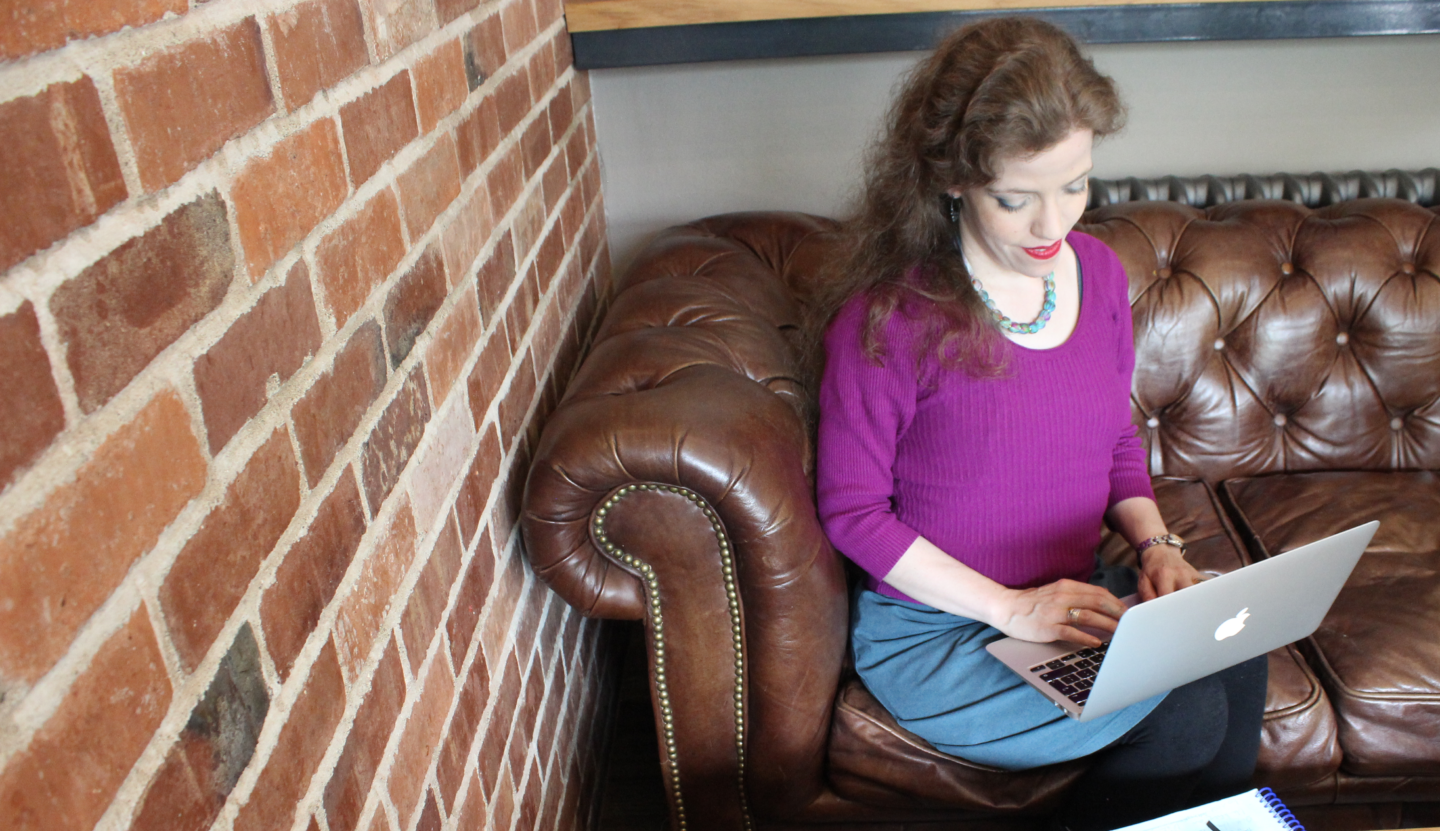
I’m Grace Quantock, a cross-disciplinary academic and activist researcher in psychotherapy and counselling, emerging digital technologies and inclusion. I graduated from the School of Education at Bath Spa University with a Masters in 2021. I’m a guest lecturer at the University of South Wales, supporting the Children and Adolescent Mental Health MA.
I have research experience in psychotherapy and emerging technologies. I have undertaken AHRC-funded research fellowships with UWE Bristol, in partnership with Watershed, Bristol, Kaleider in Exeter and Bath Spa University, the University of Plymouth and Falmouth University.
I’m a resident of the Pervasive Media Studio, Watershed, Bristol.
I am exploring how news can be accessed without re-traumatisation and distress. While much research has explored effective news delivery for engagement. I am researching how therapeutic principles can impact how people with trauma can access potentially triggering news safely.
This research has applications beyond news delivery, due to the Covid-19 pandemic, shifts to telemedicine have rapidly accelerated. With the delivery of more and more distressing information being online, this is a rich opportunity to understand how difficult material can be delivered in a format which makes it possible to process it.
Since 2020, I’ve been supported by Clwstwr Creu to develop Trauma Toggle. Trauma Toggle is a prototype software which will allow users to titrate language and triggering material to control their media consumption. With climate breakdown, COVID-19, political upheaval and worsening mental health, Trauma Toggle aims to increase citizen engagement, reducing news avoidance and vulnerability to predatory misinformation. I’m combining real-world clinical experience as a counsellor and will co-create with journalists working in the field, marginalised audiences and technology developers to create a news prototype that’s trauma-informed.
Trauma Toggle is part of my wider post-graduate research, focusing on exploring experiences of embodiment and attachment for marginalised survivors of trauma. I am particularly interested in exploring the question of creating a marginalised-body-centred methodology for developing attachment in othered bodies, working with emerging digital technologies.
If you want to get updates on my research, sign up for my monthly newsletter on my research and offerings here.